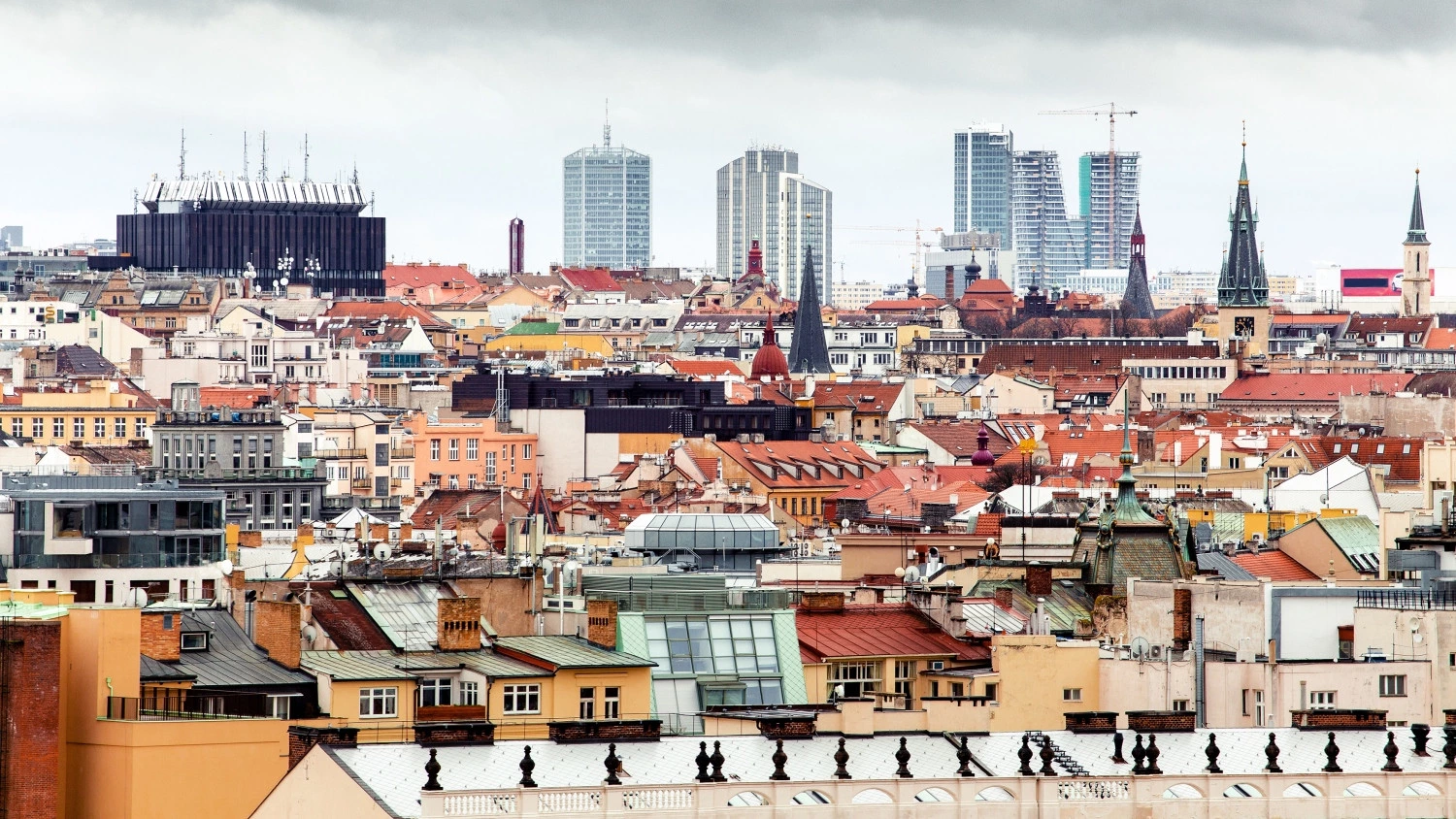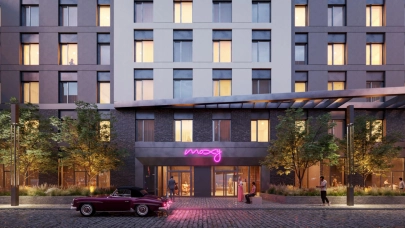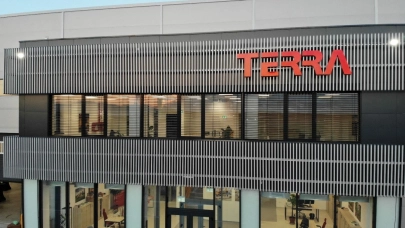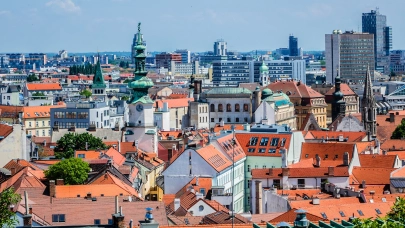
Seven experts discussed investment and financing strategies for the new normal at the online edition of Prague Property Forum 2020. How has the investment market changed in the last 6-8 months? What major changes have been observed in investment and financing preferences? We summarised the highlights of the discussion, moderated by Luke Dawson (Colliers International).
The strong demand observed on the logistics market is significantly based on the growth of e-commerce, as a mere 1 percent increase in e-commerce creates new demand for 2 million square meters of warehouses, explained Martin Baláž (Prologis). He added that the crisis of the airline industry is not affecting demand for logistics buildings around airports.
According to Troy Javaher (Lincoln Property Company), retail parks in Slovakia and the Czech Republic, even in secondary cities, perform very well despite the crisis. Also, leases in office buildings were renegotiated smoothly.
With a base of good tenant relationships and dialogue, it is manageable to solve the difficulties in the retail sector as well, suggested James Turner (Sierra Balmain) who believes that technology will have a significant effect on retail as well as on logistics.
Robert Snincak (CBRE Global Investors) finds that there is a new perspective of looking at real estate on a more regional base, while the key focus remains on the quality of any kind of asset. In the office sector, there is less focus on regional cities and more focus on capital cities. We can see a huge demand for residential for rent, especially in Hungary, Slovakia and Poland, he added.
Omar Sattar MRICS (Crowdberry) also stated that the main focus is now on residential as well as on funding e-commerce and proptech projects. At Crowdberry, there is currently an ongoing process of raising funds for two e-commerce buildings in Slovakia.
Robert Snincak added that it is a difficulty that we do not know how working from home will affect the office sector in the longer term. Hannes Wimmer (Erste Group Bank AG), on the other hand, believes that more space is needed for interactions and team-work, which means that in 18-24 months we will see a need for more open spaces and flexible solutions.
The Czech Republic has long been known for its notoriously long permitting processes and COVID-19 has apparently made things worse. Getting a building permit for industrial projects from the authorities is now even slower than before the COVID-crisis, explained Martin Baláž. Also due to the difficulties of the permitting processes, new acquisitions happen rather on a platform basis than on a case by case basis, confirmed by the fact that the overall deal size has managed to increase this year.



